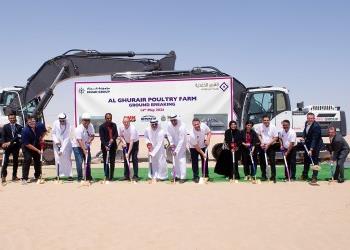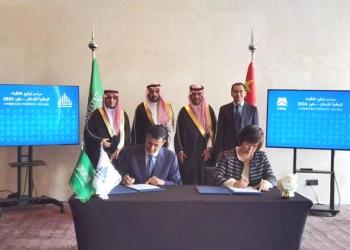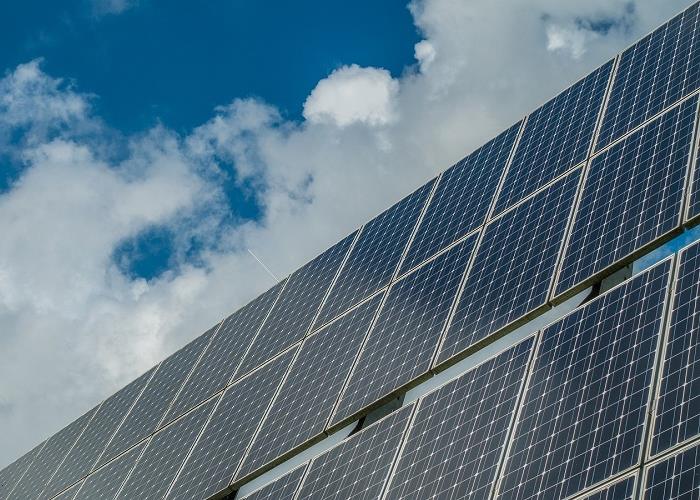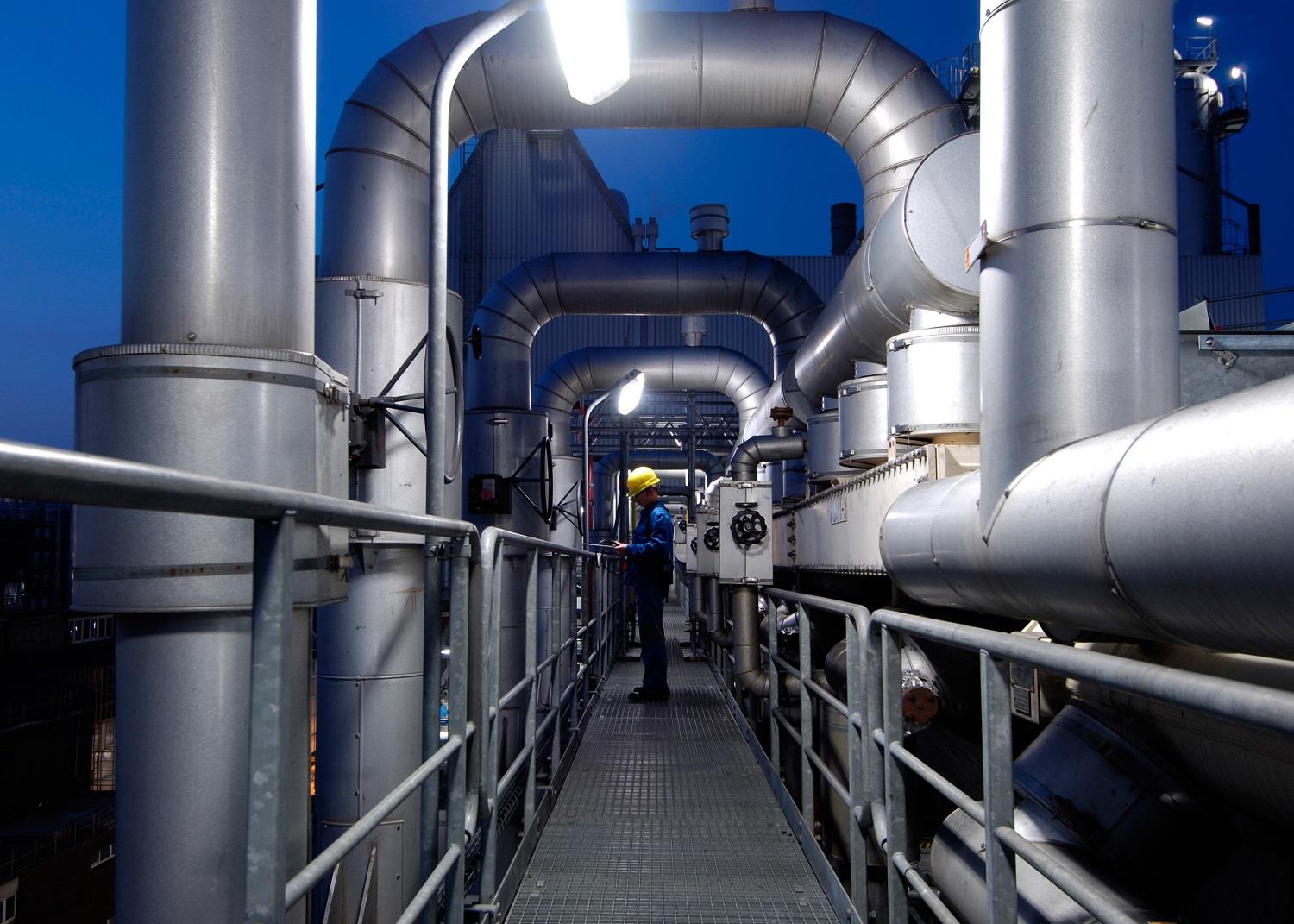

The UAE Cabinet has approved a national plan to introduce new sustainability standards for buildings, roads, and housing to preserve resources and cut down the country's carbon footprint.
The government plans to reduce the carbon footprint by 5 per cent, energy requirements in buildings and housing by 25 per cent and water consumption will be cut by 16 per cent.
The use of materials and natural resources will be reduced by 15 per cent.
The amount of energy and materials it takes to build roads will be cut by 45 per cent.
The UAE was the first country in the Middle East to set a net zero greenhouse gas emissions target by 2050 in response to climate change. In November, the government set a timeframe to implement its strategy, launching the National Net Zero by 2050 Pathway.
LEED and green building
Construction and real estate contribute significantly to carbon emissions. Globally, the buildings and construction sector are estimated to account for up to 40 per cent of annual carbon emissions, and the industry is increasingly recognising that it must act now to reduce its environmental impact.
READ MORE: New ways of working for UAE construction
Dubai has been incorporating sustainable practices in the construction industry for several years. The city was the first in the Mena region to be awarded the platinum rating in the LEED (Leadership in Energy and Environmental Design) for Cities certification by the US Green Building Council in 2019.
According to Dubai Municipality, it has created also a framework known as Dubai’s Green Buildings Regulations and Specification project.
In 2011, Dubai municipality made the green buildings regulations and specifications mandatory for governmental buildings and voluntary for private ones. These regulations have been mandatory for all new buildings in Dubai since 2014.
Artificial intelligence and 3D printing
Achieving national objectives will not be possible for the governments alone, according to experts. Private sector participation is necessary.
READ MORE: Construction must drive net zero in future cities
The integration of renewable energy systems and new technologies such as artificial intelligence, can significantly increase their efficiency and sustainability. These are already enabling customers to use resources more efficiently and productively, thereby saving money and reducing carbon emissions.
READ MORE: Technology reshapes sustainability agenda
Using 3D printing is also a priority. By 2030 the emirate has set a target of 25 per cent of buildings being based on 3D printing.
Driven by strong demographic growth, demand for greater infrastructure capacity, economic diversification and the transition to cleaner energy, construction represents $2tn, or 52 per cent, of the region’s future projects pipeline according to regional projects tracker MEED Projects.
READ MORE: Decarbonisation is the next step for Mena construction
You might also like...

UAE firm breaks ground on Kezad food facility
17 May 2024

Chinese firm signs National Housing Company deal
17 May 2024

Two bid for 90-100MW Bahrain solar contract
17 May 2024
A MEED Subscription...
Subscribe or upgrade your current MEED.com package to support your strategic planning with the MENA region’s best source of business information. Proceed to our online shop below to find out more about the features in each package.





